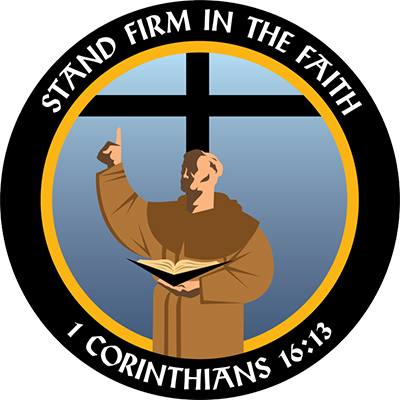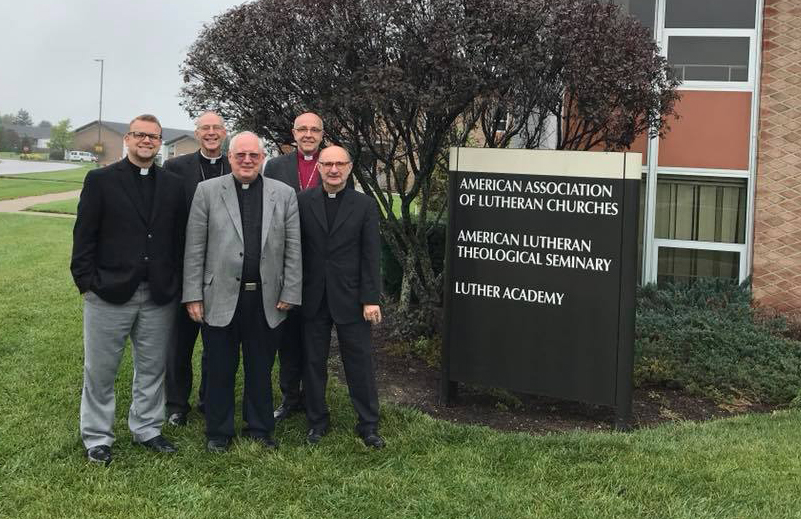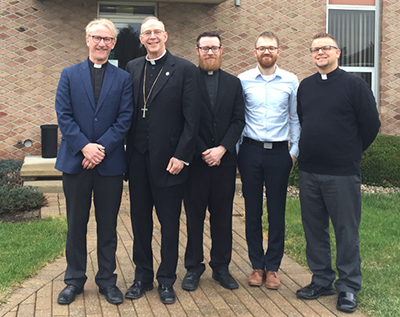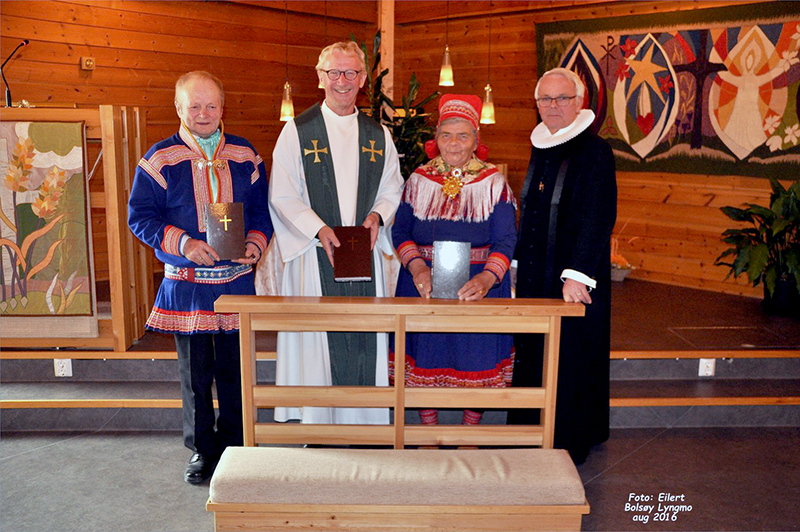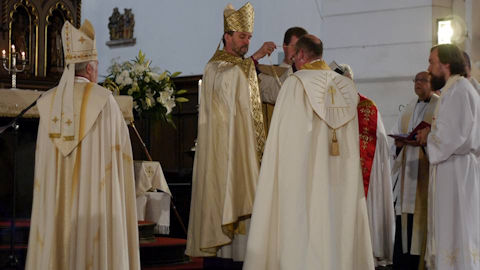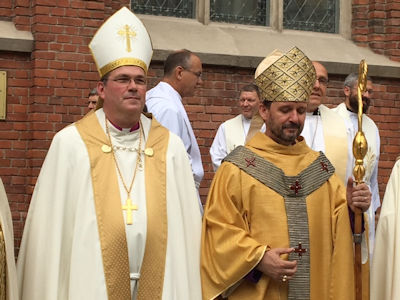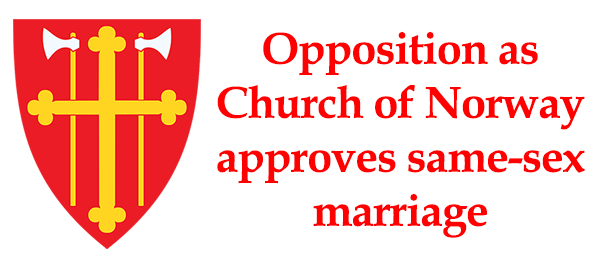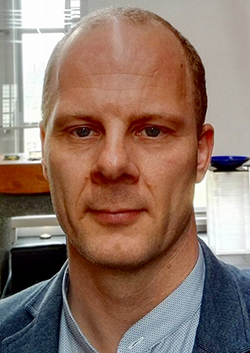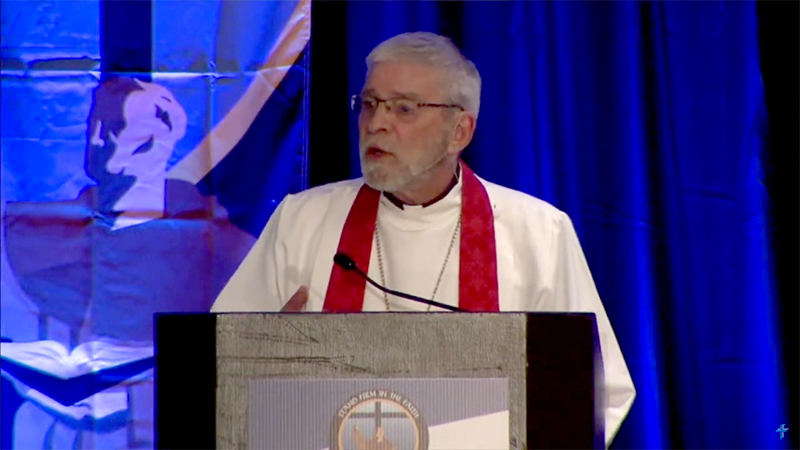
CANADA – Lutheran Church–Canada (LCC) held its synodical convention June 10-13, 2022, in Edmonton, Alberta, during which time it elected Rev. Dr. Timothy Teuscher to a second term as president. The gathering met under the theme: “Stand Firm in the Faith,” drawn from 1 Corinthians 16:13.
President Teuscher was elected without opposition. He was first elected as LCC President in 2017, and also serves as Vice-Chairman of the International Lutheran Council (ILC). In May 2022, he was awarded an honorary doctorate from Concordia Lutheran Seminary in Edmonton.
During its convention, LCC also elected Rev. Michael Schutz to serve as the church’s new Vice-President. Rev. Tom Kruesel, who previously held the position, did not stand for reelection. The church also reelected Rev. David Haberstock, Rev. Marvin Bublitz, and Rev. Robert Mohns to serve as Regional Pastors of LCC’s Central, East, and West Regions respectively.
Among the first business of the convention was the welcome of two new congregations into membership: an Oromo congregation in Winnipeg and a French-speaking congregation in Sherbrooke, Quebec.
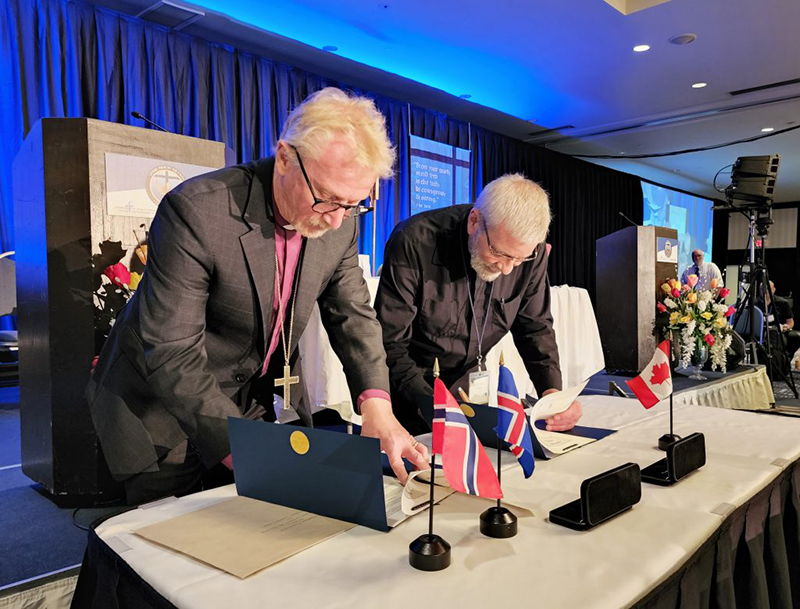
During its convention, the Canadian church also declared fellowship with the Lutheran Church in Norway and Iceland (LKNI). The LKNI earlier voted to declare fellowship at its 2022 synod meeting in March. LKNI Bishop Torkild Masvie was present in Edmonton for LCC’s convention, and officially signed a partnership agreement with LCC President Teuscher, formalizing relations between the two churches. The LKNI looks in particular to opportunities for cooperation on seminary education for its pastoral candidates.
LCC and the LKNI are both member churches of the International Lutheran Council, a global association of confessional Lutheran church bodies.
———————

